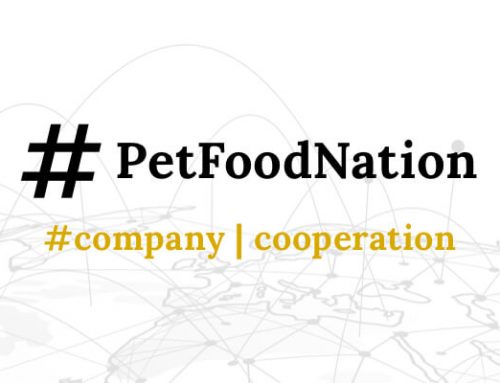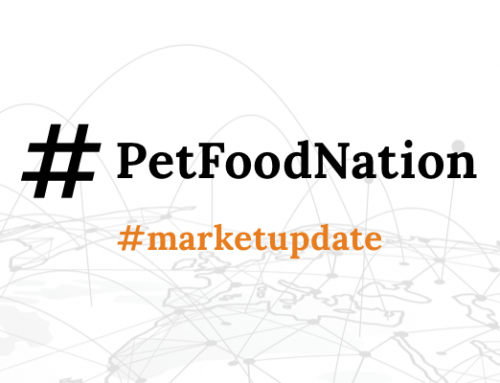In order to increase its operations in Vietnam, the global insect ingredient manufacturer Entobel has partnered with International Finance Corporation (IFC). Entobel hopes to receive support establishing insect-based ingredients in aquaculture and pet food.
Entobel is based in Singapore and is focused on the production of ingredients made out of black soldier flies. Fighting against overfishing, Entobel provides its ingredients as alternative to fishmeal.
When co-founders Gaetan Crielaard and Alexandre de Caters moved to Vietnam in 2013, they quickly discovered the potential of insect feed. According to Entobel, there is quite a lot aquaculture in Southeast Asia and the climate in Vietnam is perfect to grow black soldier flies.
“After spending almost 10 years in Southeast Asia, we know we have made the right decision to start our company here,” de Caters stated. “We are aligned with IFC on focusing on the tropical region to minimize our environmental footprint and remain highly competitive.”
The company is working on the construction of a new factory in Vung Tau which shall become Asia’s biggest insect plant. The facility will be able to provide 10,000 tonnes of insect meal per year to any customers. The partnership will offer Entobel project development support.
“We are impressed by Entobel’s operations in this innovative industry, which can provide a sustainable high-protein alternative to wild-caught fish used in aqua feed,” said Thomas Jacobs, IFC country manager for Vietnam, Cambodia and Lao People’s Deomcratic Republic (PDR). “Reaching scalable levels of production will help protect marine ecosystems and reduce the depletion of ocean resources. We are happy to support Entobel on this exciting and impactful journey.”
Sales from the new site will probably be seen later in 2023.
“We are proud to count IFC as a partner,” Crielaard stated. “This will enable us to accelerate international expansion in Asia where we are convinced the strongest growth potential lies for this industry. It is essential for Entobel to contribute to a more sustainable aquaculture industry and help reduce the oceans’ depletion. To achieve our ambitious impact goals, scale and industrialization of the model is needed.”




